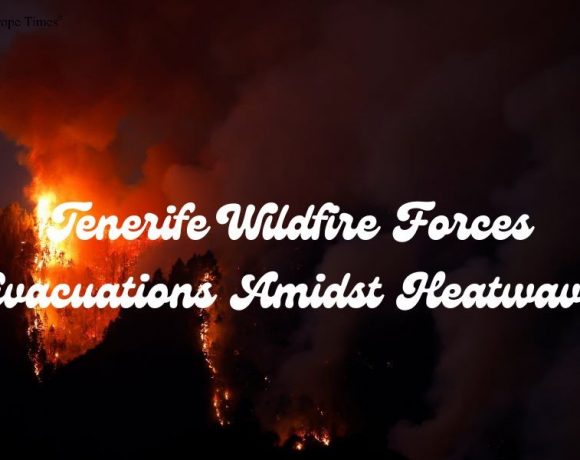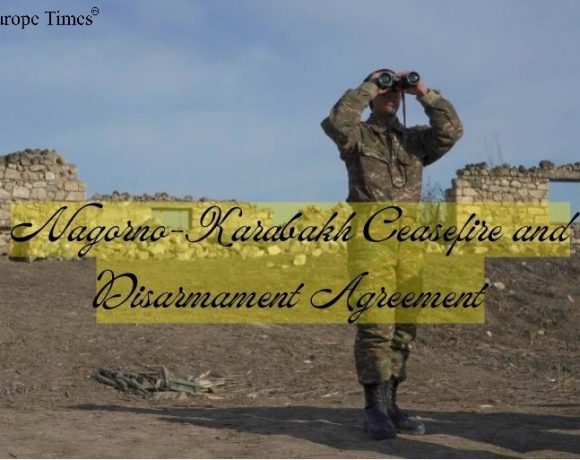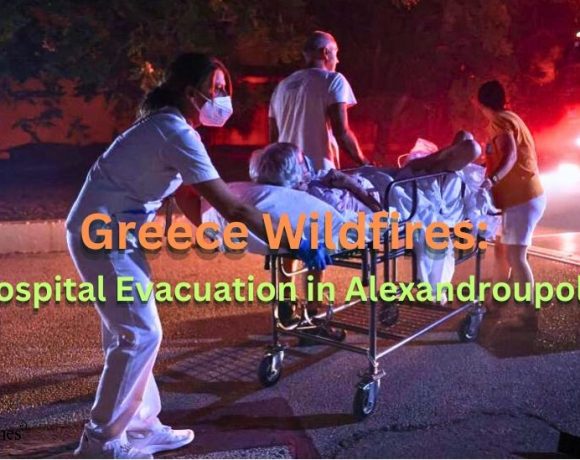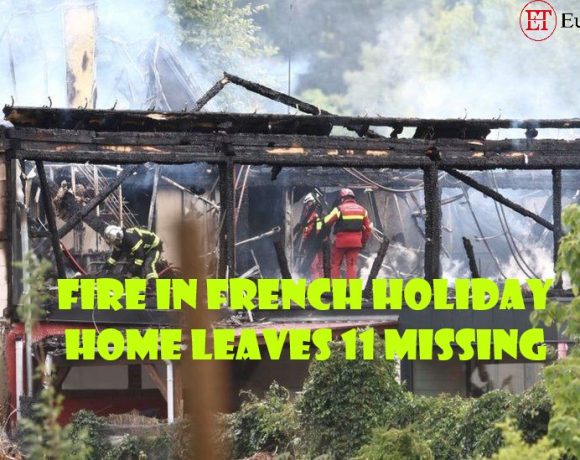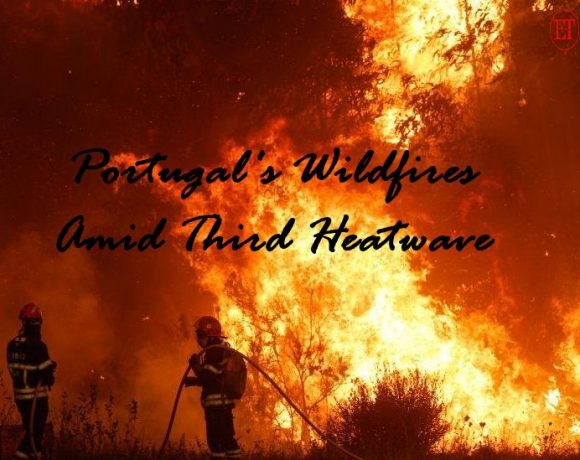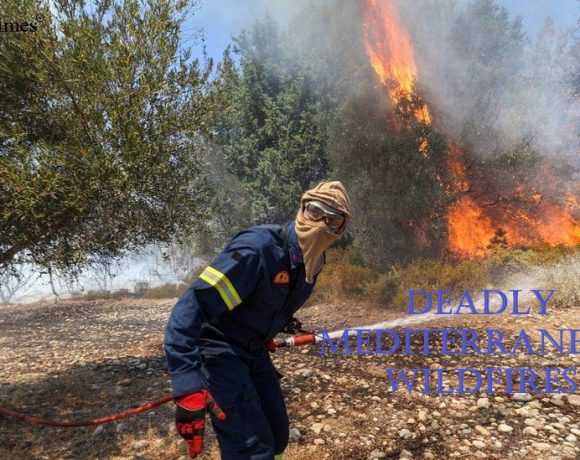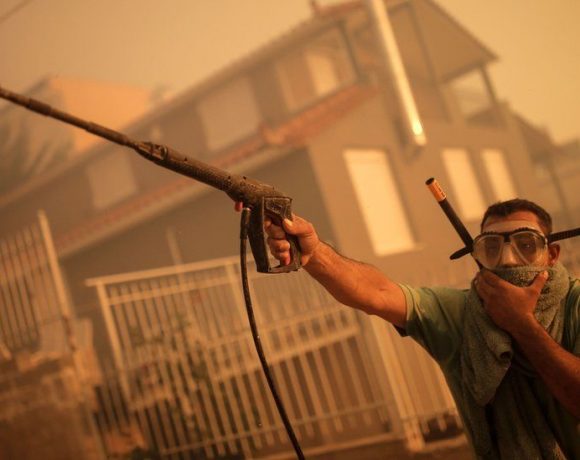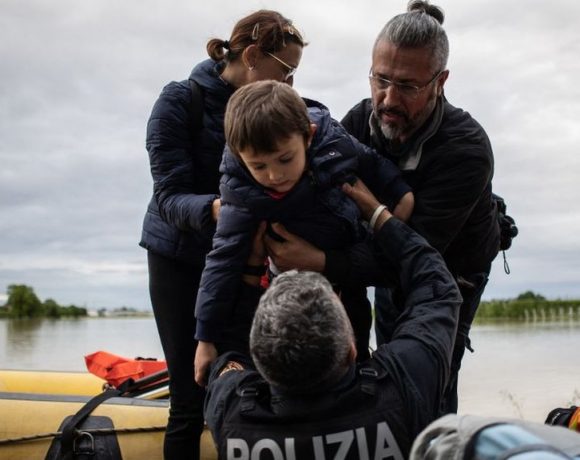
A hostage incident at Hamburg Airport, involving a young child, concluded after 18 hours, as stated by local authorities. On Saturday night, a 35-year-old man breached security and drove onto the airport tarmac with his four-year-old daughter. Parking beneath a plane, he surrendered to the authorities without resistance and was subsequently apprehended. The child was reported to be unharmed, according to the police.
The disruption led to delays in several inbound and outbound flights, although operations have now resumed. At approximately 20:00 local time, the perpetrator fired his weapon into the air and hurled burning bottles from the vehicle, causing a commotion. While it remained unclear if he had explosives, he halted the car close to a fully occupied commercial flight, prompting the safe evacuation of all passengers on board.
Reportedly, the individual’s motive stemmed from disagreement with authorities over custody arrangements, expressing a desire to travel to Turkey with the child. Police spokeswoman Sandra Levgruen shared that he felt his life was in disarray, as per German broadcaster ZDF. Authorities attributed his actions to an “extraordinary psychological state” due to the custody conflicts with his ex-wife. The man had previously faced allegations of kidnapping the child when he took her to Turkey without permission, resulting in an investigation last year. The mother later returned the child to Germany.
Following the incident, Hamburg Mayor Peter Tschentscher extended his support to the mother, child, and their family. Meanwhile, the airport pledged to swiftly restore regular operations, having originally planned 286 flights with around 34,500 passengers for the day.
Picture Courtesy: Google/images are subject to copyright

